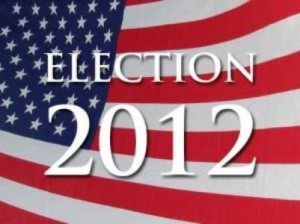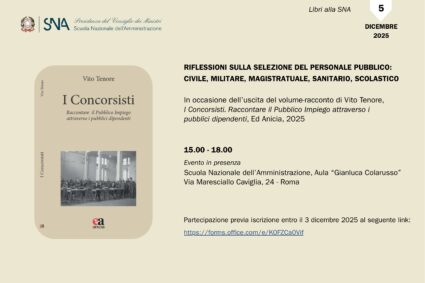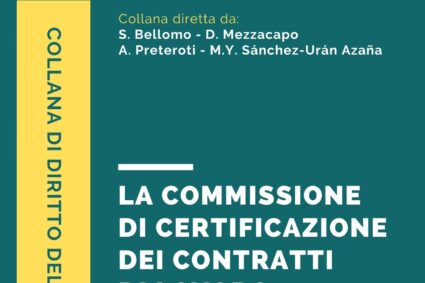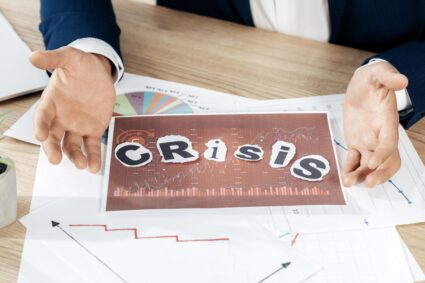 By Joe DiMento – With just three weeks until the American Presidential and Congressional elections a major question about the outcome is: what will be the effect, if any, of the Presidential debates? By November there will have been four, three between President Obama and ex-Governor Romney and one between Vice President Biden and Congressman Ryan. Debates, not required by our Constitutional system have become an integral part of the election season. So far there have been two.
By Joe DiMento – With just three weeks until the American Presidential and Congressional elections a major question about the outcome is: what will be the effect, if any, of the Presidential debates? By November there will have been four, three between President Obama and ex-Governor Romney and one between Vice President Biden and Congressman Ryan. Debates, not required by our Constitutional system have become an integral part of the election season. So far there have been two.
The debates are widely viewed in the United States; they have become blockbuster television shows. Families and friends get together to watch them. Major media put together instant and even simultaneous response summaries to the debates and gather focus groups to analyze “who won.”
The first presidential debate was on October 3rd. The very formal format saw both men standing at podiums on a stage with the moderator well below them. It focused heavily on the economy; taxes and who should pay them; the federal deficit and who is responsible for it [among his most quoted positions, Governor Romney would cut funding for “Big Bird” on national public television]; social security and what should be done with it; and health care or what even now the President refers to as “Obamacare.”
Differences between the candidates on the substance were marked although both claimed that they would work in a bi partisan way in the next administration and at times neither emphasized what they had done already; the President missed opportunities to emphasize his victories and the Governor distanced himself from some of his earlier stances, including on health care which he supported in Massachusetts as its governor.
The public reaction to the first debate was stunning. Most polls found that, even among Democrats, Governor Romney had “won the debate…decisively”: quick polls showed differences as much as 40%. From the first four minutes it appeared that Governor Romney had taken control. The moderator, the very experienced public broadcasting company anchor Jim Lehr, says he let the candidates debate and that was the intended format. To some, including me, it appeared the Mr. Lehr lost control of a form of debate that, while intended to let the candidates speak, was not intended to let them circumvent the established rules.
President Obama appeared tentative at times. His posture was weak. His lack of eye contact was notable. He hesitated with his responses. He looked down often and his responses were peppered with “ums” and short hesitations.
A week later, on October 11, Joe Biden, 69 years old, and Paul Ryan, 42, debated in a much different style. This time both were seated next to each other and were questioned for 90 minutes by a seasoned journalist, Martha Raddatz, across the table. Biden was aggressive, filled with facts, laughing and smiling. “That’s malarkey” he interjected. “What would you do differently?” he jabbed. Ryan was studious, solid, also good with some facts, earnest. Polls were mixed but on balance it appears as if Biden won that debate, by some measures decisively.
Does it matter who wins?
Debates have long term effects that are difficult to assess and quickly studied short term impacts.
As to the short term effect of the first two debates: Preliminary results suggest that Governor Romney’s popular support nationwide when measured by overall polls rather than state by state polls moved up in the days following the first debate to be on a par or slightly ahead of the President. However, as I wrote in an earlier column, this is less important than the impact on the swing states. Here also in two or three states Romney got a bump. However serious analysis shows that the President still maintains a strong advantage in the Electoral College.
http://www.businessinsider.com/2012-electoral-math-debate-effects-remain-to-be-seen-2012-10
The historical record of the longer term impact of these spectacles provides some interesting anecdotal information.
In modern political history there have been wonderfully memorable moments, some with seemingly great effect on the outcome; others talked abut for a time but not significant enough to determine the winner in November.
Among the notable moments: Gerald Ford then tied in the polls with Jimmy Carter claimed “There is no Soviet domination of Eastern Europe and there never will be under a Ford administration.” This was considered a major mistake and Carter won that election. President Carter, seeking a second term, lost in a landslide against the former actor and California governer Ronald Reagan: an effective phrase in their debate by Reagan was “there you go again.” Bill Clinton defeated the first George Bush, then President, after debates in one of which the older Bush checked his watch to see how much time there was left: not a strong sign of focus and concern for what was transpiring.
In vice presidential debates, less viewed but still entertaining to many Americans, among the most remembered phrases [and one alluded to by Joe Biden last week] was one by Lloyd Bentsen in his debate with Dan Quayle. Quayle went on to become vice president under the first George Bush–this despite Bentsen’s line refuting Quayle’s attempt to show that his experience was equivalent to John F. Kennedy when Kennedy ran for president: “Senator, I served with Jack Kennedy. I knew Jack Kennedy. Jack Kennedy was a friend of mine. Senator, you’re no Jack Kennedy.”
Perhaps less important that who won or who loses overall, debates assist in helping the few undecided voters to get an overall assessment of a candidate.
What can we expect for the next two debates?
President Obama admits he did not do well in debate number one. He is likely to be much more aggressive, focused and attentive to rebuttals, and to the effects of his foreign policy experience in the next debate. Romney will have the benefit of winning last time and his success in the Republican primaries over many, too may, debates. It is unlikely that he will wither.
The second presidential debate on Tuesday October 16 focuses, in a town hall type setting, on both foreign and domestic issues. The topics of the final debate will include “The Changing Middle East and the New Face of Terrorism,” Afghanistan and Pakistan, Israel and Iran, and “The Rise of China and Tomorrow’s World.”






